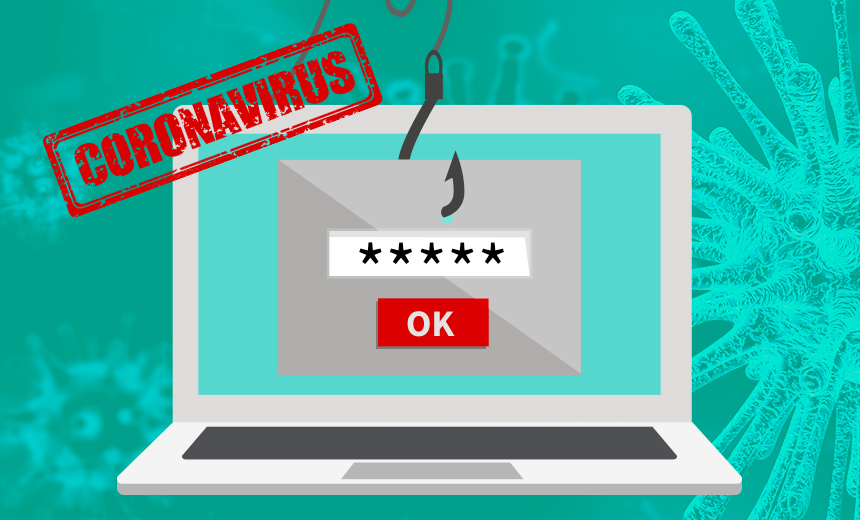
The issue of phishing
It was already known that the coronavirus pandemic had made hackers more active.
They see a windfall to make the most of it, and to launch more and more campaign. Computer security experts have warned from the beginning of this pandemic, and even try to organize to help as best they can. Lately, it has been observed, an explosion of the use of the technique called phishing or even in English call phishing.
This article will also interest you: Fragile by the coronavirus pandemic, our cybersecurity is vulnerable to viruses, this time computer
The world's most common method of cybercrime.According to cybersecurity firm Barracuda Networks, there is a substantial 667% increase in phishing use. And this has been noticed through the emails sent targeting anyone usually dealing with the theme of coronavirus.
Public and international institutions are not fooled. They have already begun to warn all users of potential attacks that are carried out or prepared under the guise of impersonation. For example, WHO, for its part, warns anyone who is malicious using their visual identity for criminal purposes and promises sanctions. Jobcentre in France warned: "The circulation of fraudulent emails which the issuer pretends to be Pôle Emploi. Our teams do everything possible to keep you safe." The organization will then add: "Access to your personal space is strictly confidential. Job pole won't ask you for them. Also, always delete fraudulent emails without responding to them. If you have any doubts about a message, contact your advisor." The Family Allowance Fund, for its part, did not fail to reiterate its warnings against "those who abuse the situation by impersonating the Caf"
Ely de Travieso, president of the Security and Information Club (Clusir), a CPME IT security consultant, pointed out: "Pirates are surfing in particular on the very strong emotion aroused, the stress caused but also the new working conditions, in a technical environment not always secure. ». He later added: "There is a very large increase in viral attacks around Covid-19, which follow the areas most affected by the pandemic: Asia, Italy, eastern France and Paris… and the region most certainly. »
Whether it's a ransomware attack, or potential data theft, these computer attacks will be initiated after several phishing attempts or cyber criminals have managed to infiltrate targeted networks. And this is starting to be a trend in Provence. To prevent individuals from getting caught up in this kind of deceptive practices, Ely de Travieso recommends keys to good digital hygiene: "These are common sense and prudent uses. It is necessary to follow a few rules of practice such as having an up-to-date computer system and office suite. These are precautionary principles that anyone can do, without any investment, and that correspond to the first level of computer hygiene. The second is to change passwords, because we bring professional life into the context of the home, and the third is to be vigilant in his downloads of documents, because cyber criminals know very well usurped public institutions, especially in these times when the emotion is great! ».
Now access an unlimited number of passwords:
